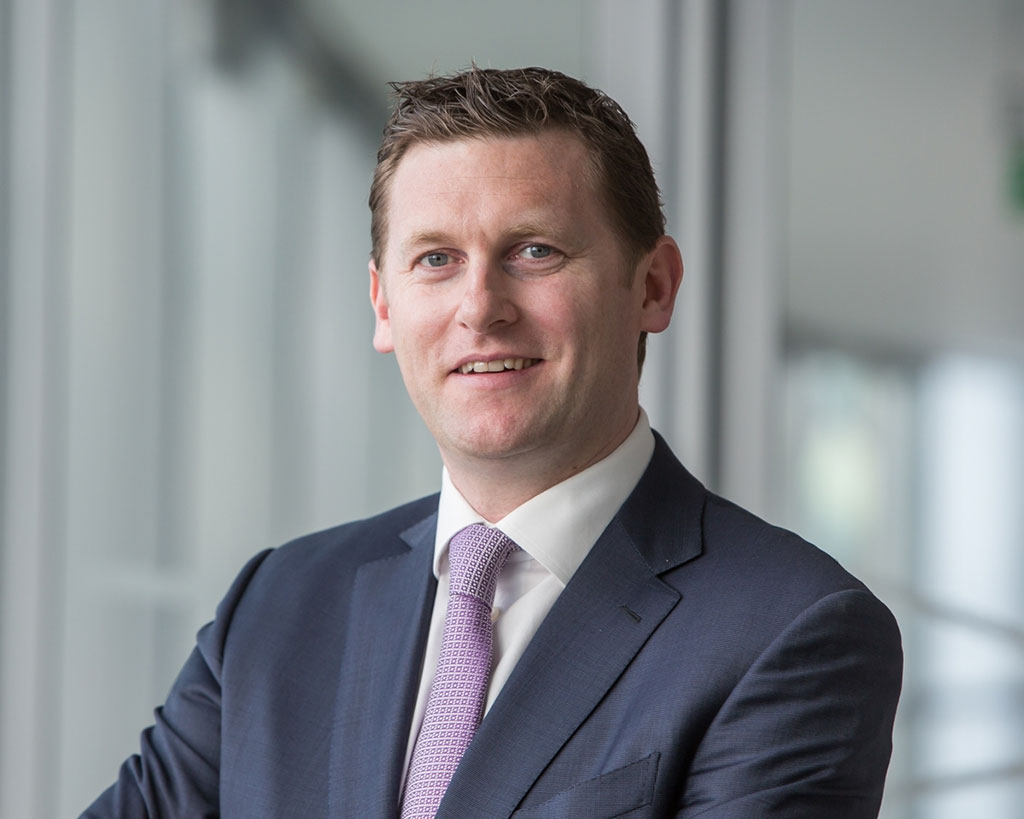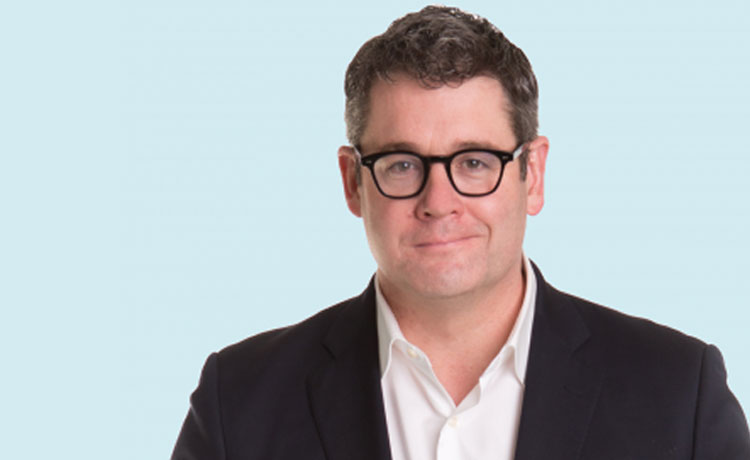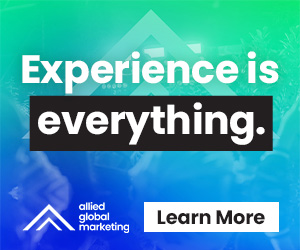
It’s been a busy few months for the Marketing Institute of Ireland (MII) with a number of webinars featuring some well-known and high-profile marketing professionals. David Field, CEO of the MII looks at some of the more important takeaways from the different webinars.
The last few months have been different for all of us. We’ve been forced to adapt to meet the challenges of what will hopefully be a once-in-a-lifetime crisis. Not only were Irish marketers helping to navigate the commercial challenges presented by the pandemic, crucially they were working with business and government to play a part in uniting behind a common purpose and helping to bring our society closer.
At a time of great uncertainty, the MII has been focused and consistent on sharing best practice, insights and expert content, building the community of marketers, and aiding marketers in managing their career prospects. We have had speakers from across the globe share their thoughts on the future of marketing and the role of the marketer going forward in a post COVID world. While there is definitely no playbook for what we as an industry, and indeed society are facing today, there has been some very useful insights shared by our webinar guests over the past few months.
Emphasise your purpose genuinely
Brand purpose is under a magnifying scope like never before. The increased pressure of this global crisis allows us to see the true character of a brand.
Actions speak much louder than words, and in the middle of a pandemic the best marketers weren’t asking themselves how best to rejig their logo and make it “socially distanced” they were asking, what’s the best way for us to help?
Lucy Jameson, Co-Founder of London agency Uncommon, joined us in May and spoke of the importance of building brand trust in today’s economy and the looming recession that we face. She raised many interesting points and left the audience with some fantastic insights to help guide their marketing efforts.
Lucy spoke of the “The Forced Experiment”, a term coined by noted Silicon Valley venture capitalist Benedict Evans, that has been the driving force behind largescale digital adoption. However, this massive leap to digital is populating data privacy concerns, meaning brands need to find new ways to build data trust, whether it is through influencers, referrals, reviews or ratings.
A key takeaway is that trust is not just declining but is actually shifting. In some ways we are more trusting than we have ever been and there is an opportunity for marketers during this shift.
Keep Communicating

Professor Mark Ritson was characteristically blunt when he told our members to simply “keep advertising”. In his opinion, there is more media consumption now than at any other moment in history and now is not the time to come off air.
He summed it up thus: “Decreasing your budgets won’t hurt you but maintaining them will grow your share.” As Gerard O’Neill, of Amarac rightly said when he shared research into consumer spending through 2020 and 2021:“As a marketer you need to market now more than you ever have before”. Knowing your market position in this current climate and continuing to communicate is what will ensure the survival of your business. Talk about the future and what was great in the past. Share positive stories about what we’ve overcome and how we work better when we work together.”
Keep making great creative and engaging ads

Orlando Wood, Chief Innovation Officer at System1 and author of advertising’s ‘repair manual’ Lemon (IPA, 2019) talked through whether brands can and should continue with their pre-existing work, how new ads are performing today and what kind of work is connecting well – and less well – in the pandemic.
According to Wood, advertising creative can be categorised into left and right brain thinking. The left side of the brain is explicit, goal focussed, fact based and repetitive. It understands and responds to language, symbols, abstractions and rhythm.
For its part, the right brain is empathetic and self-aware, it can digest metaphors, music, time and space. It reacts to good storytelling. Wood says that advertising that leans into the right brain and focuses on story and emotion tends to grab our attention more, connects on a deeper level and has a more lasting impact.
He also questioned pre-COVID whether we had lost the ability to evoke emotion, entertain and ultimately persuade consumers as he pointed out many examples of left brain commercials. Recent months have forced all of us to take stock and this will hopefully lead to a flourish in creativity and expression as we collectively emerge from the coronavirus cocoon.
Look out the window and think
Taking stock and asking ourselves existential questions has been one of the very few upsides to COVID-19, we’ve been given time to think strategically. Mark Ritson shared the story of George Shultz, US President Ronald Reagan’s right hand man, who would take one hour each day, undisturbed, to look out his window and think. Shultz said this was to enable him to make the right choices.
As marketers, we need to take a leaf out of his book. We are now in the moment of forced change and marketers are being looked to by businesses to help guide them through this change. If there is one thing we should do when this is opportunity presents itself is to revisit the business strategy, and start answering the big recurring questions.
A new marriage between offline and online
One of the lasting retail legacies of the COVID-19 crisis is the accelerated expansion of the eCommerce channel. The question is, how will this evolve as we emerge from lockdown and a landscape traumatised by the COVID-19 pandemic? Irish marketers would do well to consider follow the approach adopted by Unilever.
Claire Hennah, Global Ecommerce Director for Beauty and Personal Care at Unilever outlined the plans the company has to build a sustainable and profitable eCommerce business over the next decade. Everything Unilever does from new product development to redevelopment has sustainability at the core. Claire highlighted the importance of bringing those in the organisation on the journey by using data driven insights to position ecommerce as key to future growth.
Over the past few months, the Marketing Institute of Ireland (MII) has done its best to step up for our members in the same way that so many of our members stepped up for their customers. While we have learned a lot, for me having a laser sharp focus on the future is the most important thing we have learned. As an industry, we will need to be acutely aware of what is happening on a micro and macro scale, so that we can be effective stewards of our organisations needs, as we continue to meet the challenges of COVID head on.
David Field is CEO of the Marketing Institute of Ireland.




















